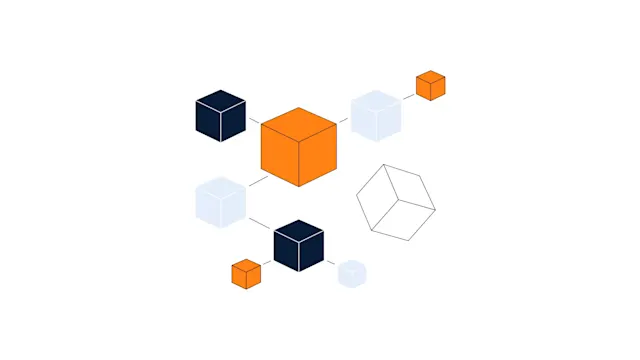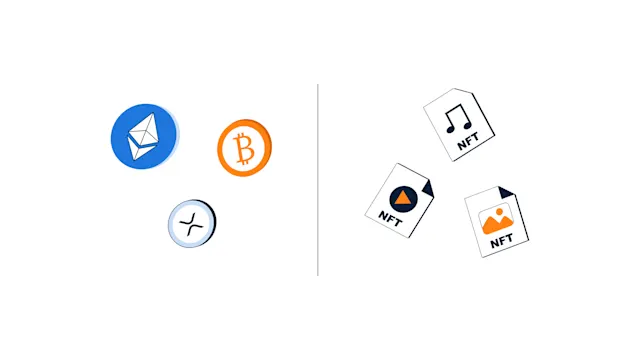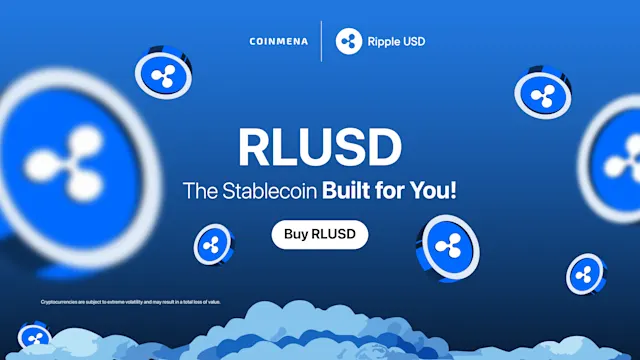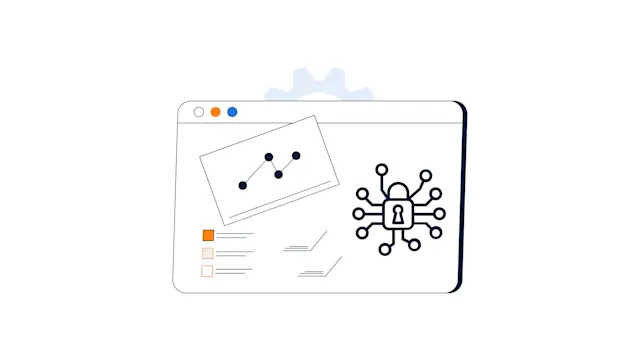
What are smart contracts?
A smart contract is a self-executing computer program written in code that is triggered when its predetermined conditions are met.
A smart contract is a self-executing computer program written in code that is triggered when its predetermined conditions are met. The code is stored in multiple nodes on a decentralized blockchain; thus, it allows multiple parties to verify the execution of its program in a timely and secure manner.
Smart contracts are not legal contracts or a form of artificial intelligence. Instead, they are simply lines of code existing in a distributed system that execute when their predetermined conditions are met.
Key Features of smart contracts
Distributed: smart contracts that exist on a blockchain are stored across multiple nodes.
Immutable: The code cannot be changed once it is launched.
Deterministic: They function on “if… then…” statements; therefore, they can only perform the actions programmed into them no matter who executes them.
Autonomous: They execute themselves if the predetermined conditions are met, and they will stay dormant when the conditions are not met.
Trustless: Parties can interact without knowing each other or relying on a centralized authority, trusting that the program will execute its predetermined conditions.
Transparent: They are built on a public blockchain; thus, the code is visible to everyone.
Customizable: Before launching, a smart contractcan be coded to execute different functions.
History
The Bitcoin blockchain launched in 2009 was the first protocol smart contract that enables users to transact within a blockchain network. In 2015 Vitalik Buterrin launched Ethereum as a new type of blockchain for programmable smart contracts. The Ethereum blockchain allows smart contracts to be created on its platform, unlike the Bitcoin blockchain, which can only run its own smart contract for transacting $BTC. Since the launch of the Ethereum network, new projects such as Solana and Avalanche have emerged to provide a faster layer 1 blockchain for launching smart contracts. They intend to reduce gas fees and increase scalability while maintaining a secure and decentralized network.
Smart contract use cases
Tokens: Tokens can represent tangible or intangible assets. They can be created to assign rights or represent ownership.
Financial products: Decentralized finance can recreate existing financial products, such as lending and borrowing, without relying on a third party.
Gaming & NFTs: Using smart contracts, tokens can be minted in limited supply to represent digital assets such as digital art, music (audio clips and videos), or in-game characters for blockchain-based gaming.



